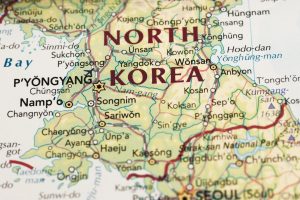Search
Published on:
BitPay Inc. Enforcement Action Highlights Sanctions Compliance Risks for Virtual Currency Service Providers
On February 18, 2021, the U.S. Treasury Department’s Office of Foreign Assets Control (OFAC) entered into a settlement of $507,375 with BitPay Inc. for violations of multiple U.S. sanctions programs. According to the settlement, BitPay allowed its platform to be used by persons in Cuba, North Korea, Iran, Sudan, Syria and the Crimea region to transact with merchants in the United States. The latest settlement is noteworthy for the involvement of a digital currency service provider and its discussion of OFAC’s expectations regarding compliance for companies in this growing financial and commercial sector.
 Global Trade & Sanctions Law
Global Trade & Sanctions Law


